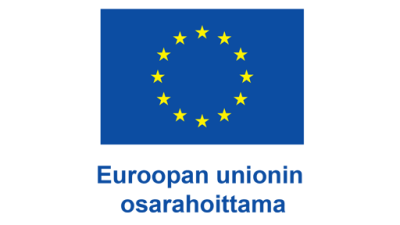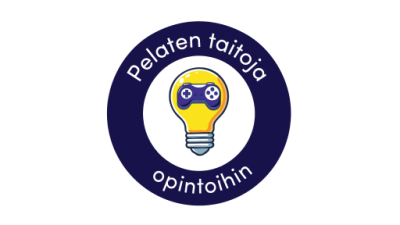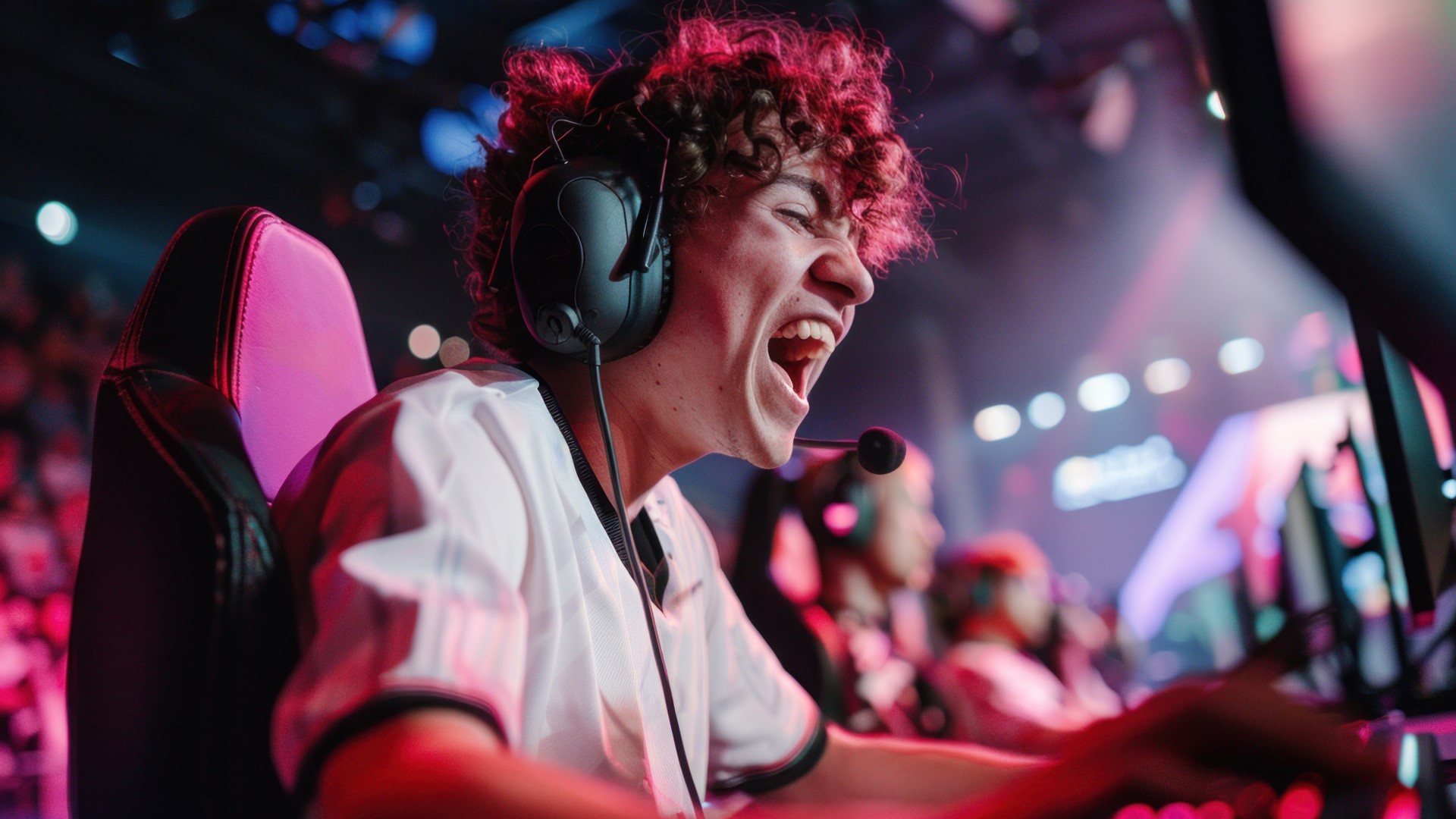Gaming Skills for Studies
The project aims to leverage and expand the opportunities presented by digital games in educational environments across Central Finland.




Looking for upcoming Events and Training Groups?
Additional Information about the Project
Project Implementation Time
The implementation time of the project is from 1 April 2025 to 31 December 2027.
Project Implementer and Funding Programme
The project is a joint implementation of the School of Health and Wellbeing and the School of Business at Jamk University of Applied Sciences.
The project is funded by the European Social Fund Plus (ESF+, 2021-2027).
Background and Project Goals
Students today face an increasing array of challenges related to mental wellbeing, resource availability, academic progression, and deficits in essential study skills. As a result, some students fall behind in their studies or risk dropping out entirely. In addition, many students report high levels of loneliness and a desire for more community-based activities. In the worst cases, loneliness and mental health struggles can lead to dropping out and ultimately to social exclusion.
At the same time, young people and young adults are among the most active digital gamers. Gaming can provide motivation, foster social connections, and build a sense of community, thereby reducing loneliness and mitigating the risk of exclusion. Despite the significant interest in digital gaming, its potential as a motivational tool and community-building mechanism remains underutilized in educational settings.
Project Goals:
- Support students who study at upper secondary vocational schools and universities of applied sciences and are at risk of social and educational exclusion while reducing the likelihood of them dropping out through targeted skills training via digital gaming.
- Enhance students' sense of belonging and reduce loneliness through community gaming initiatives.
- Identify and address the challenges faced by students aspiring to become e-sports professionals and supporting them in balancing their studies and training, thereby preventing educational drop-out.
- Increase educators', counsellors', and institutional experts' understanding of the potential of digital games for teaching, counselling, and reducing loneliness.

Tiia Luotojoki

Perttu Leppä

Maaret Rutanen
